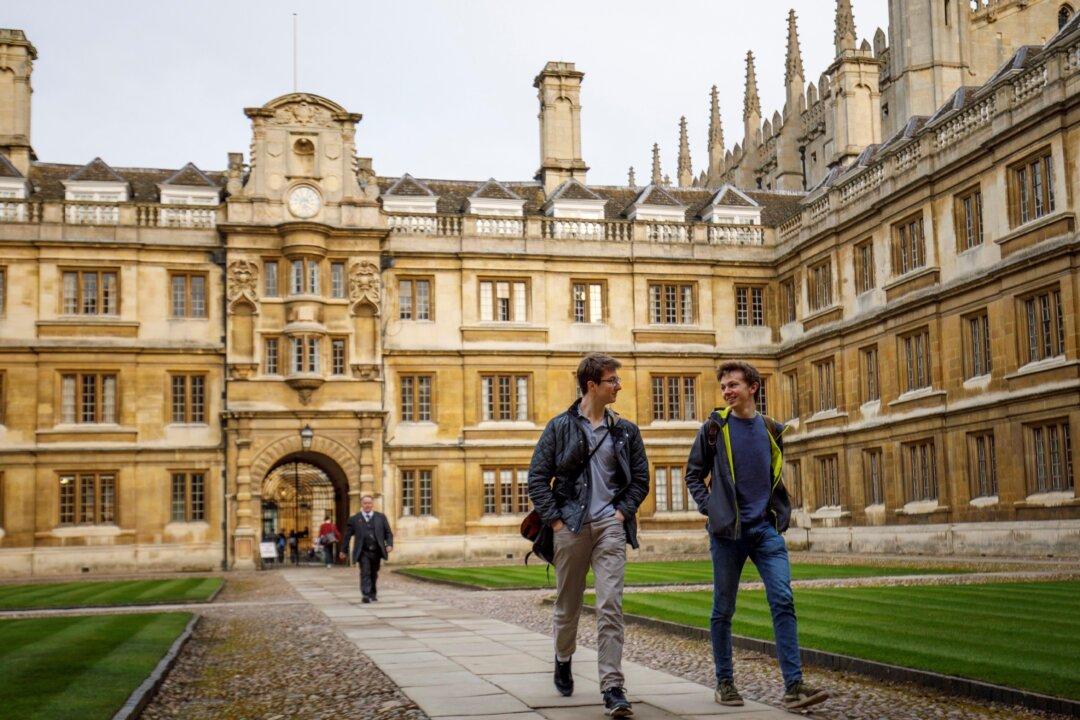Cambridge University amended rules which may cause a stifling of debate and the de-platforming of speakers, after a landslide vote by its governing members, the university said on Wednesday.
A number of academics and commentators congratulated the university for “a win for freedom of speech.”





